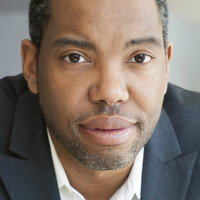On the Market
An essay on working at Sotheby’s.
Art pricing is not absolute magic; there are certain rules, which to an outsider can sound parodic. Paintings with red in them usually sell for more than paintings without red in them. Warhol’s women are worth more, on average, than Warhol’s men. The reason for this is a rhetorical question, asked in a smooth continental accent: “Who would want the face of some man on their wall?”















